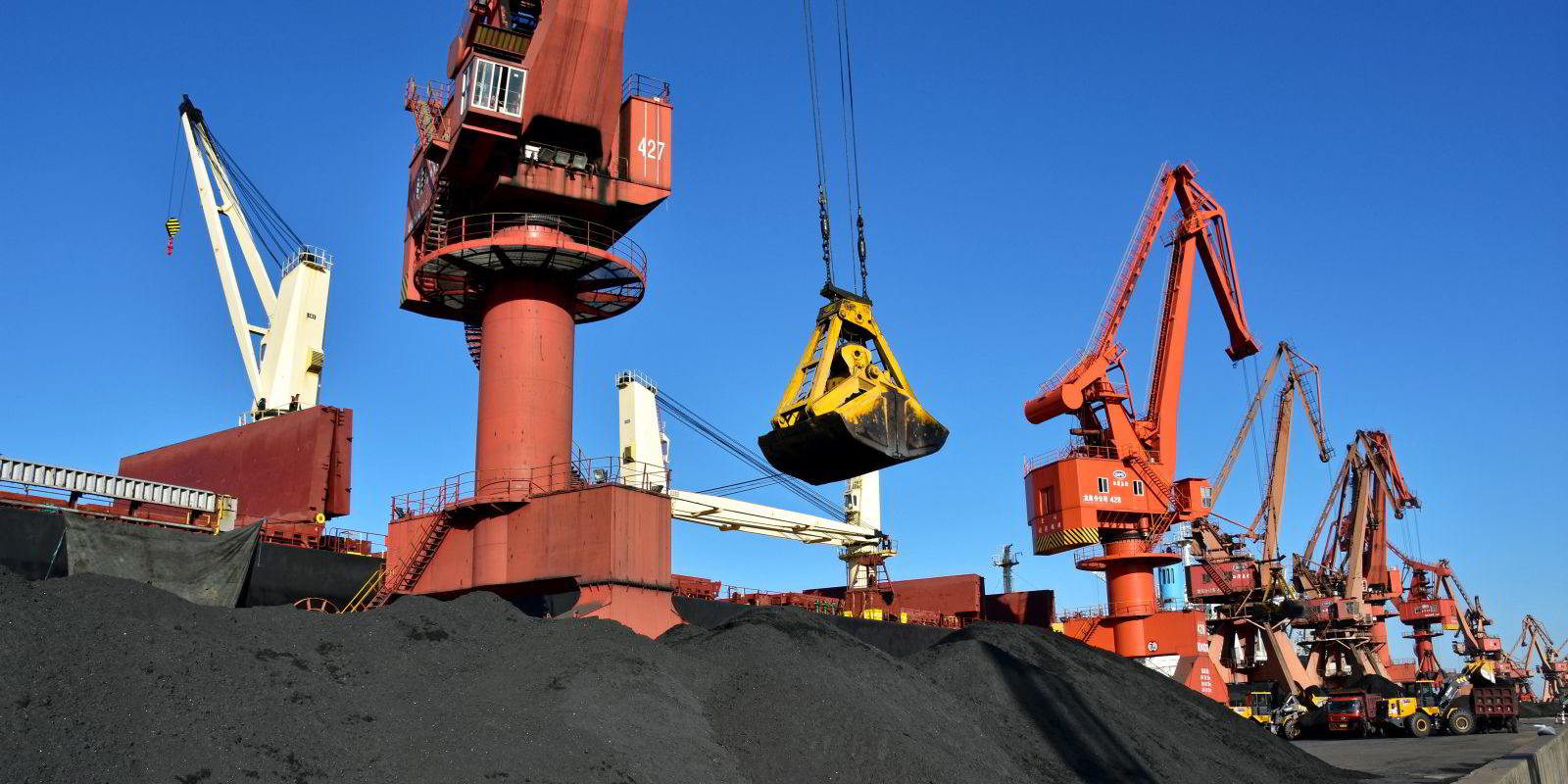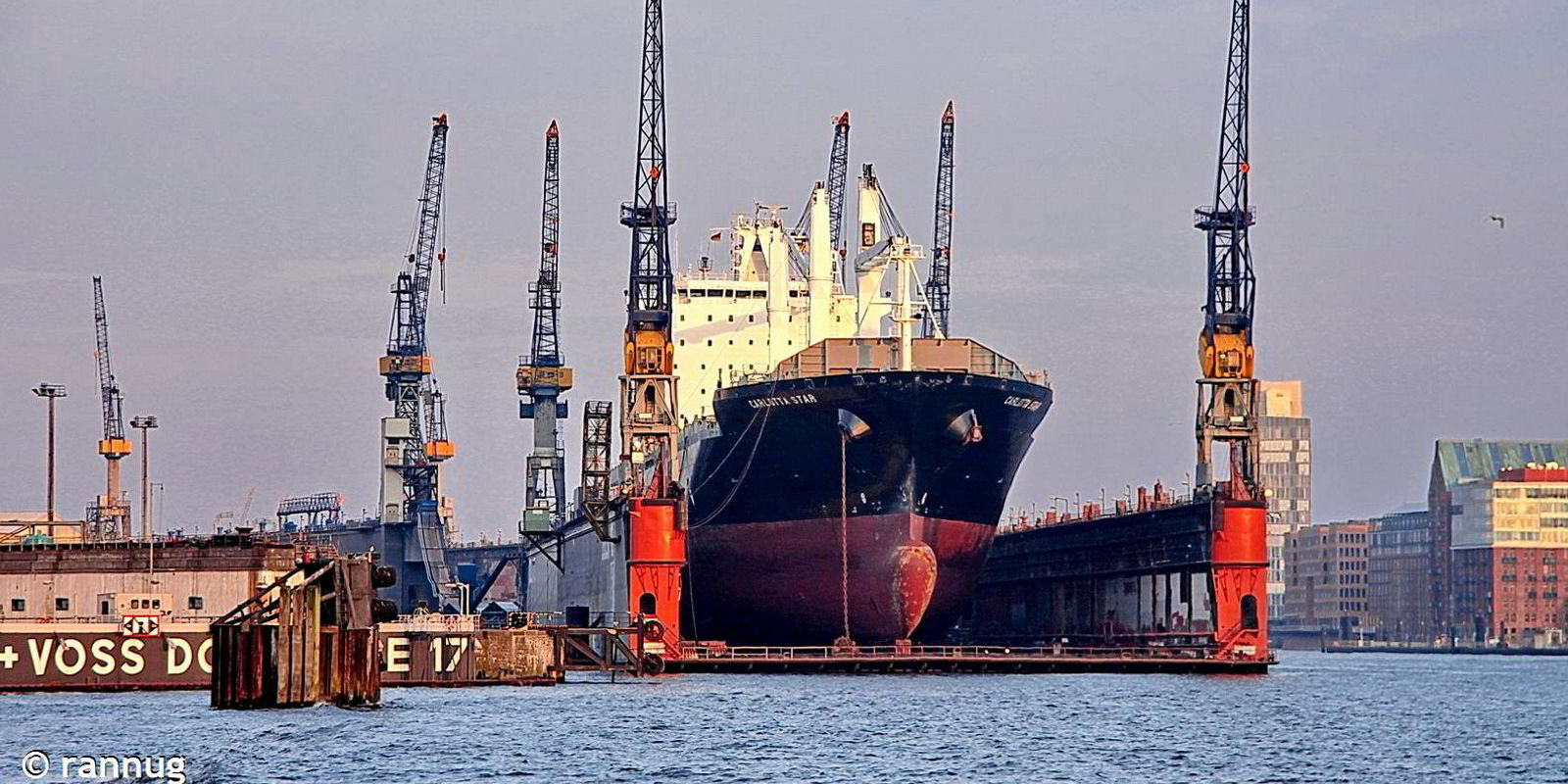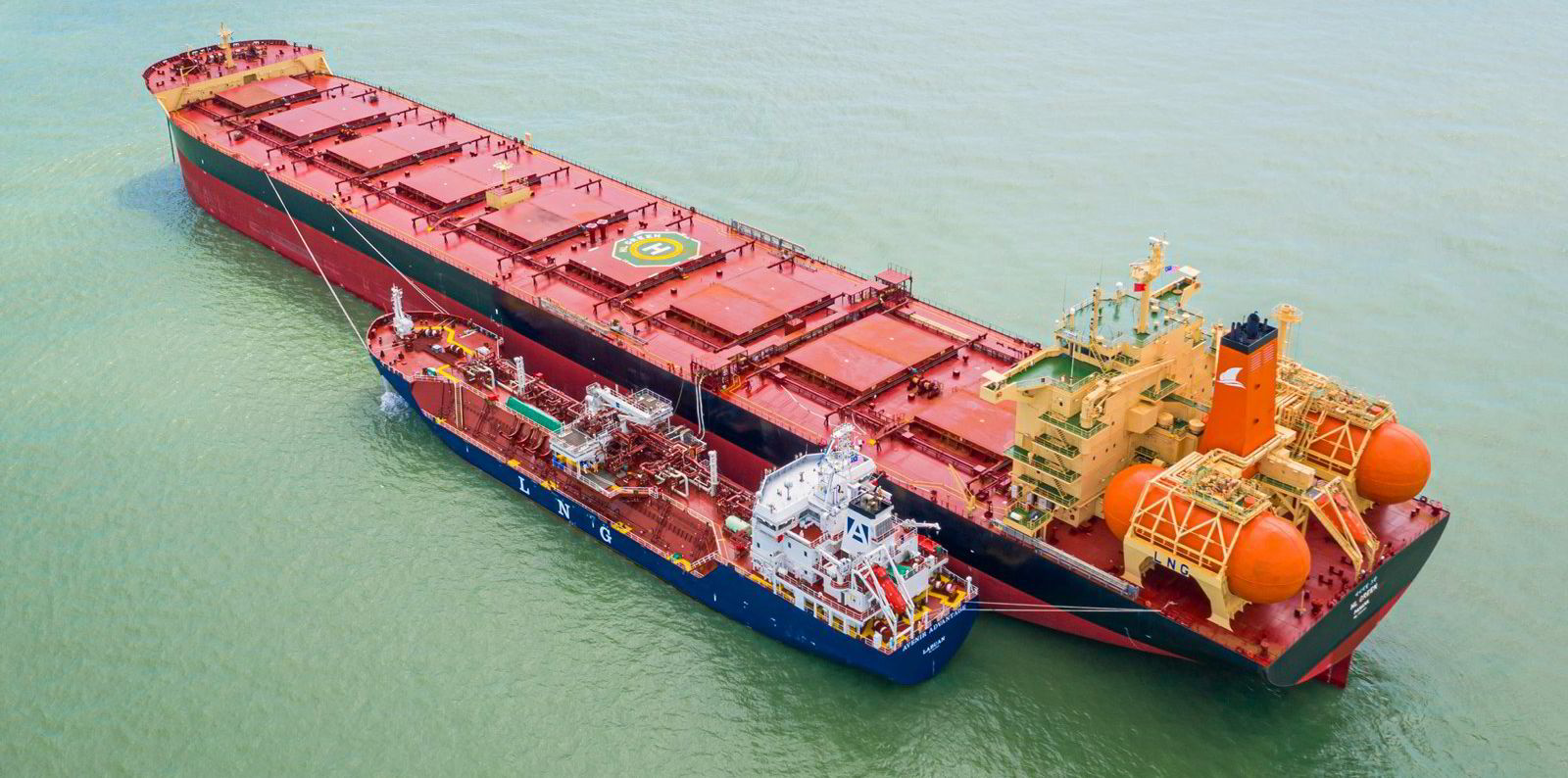Everybody seems to be using the "S" word at the moment but, while experts say it is too soon to claim that we are entering a commodities supercycle, there is certainly an upside for shipping markets and investor interest.
Word of a supercycle has been in part influenced by an en-masse “pile on” in dry freight derivatives during February.
Bulker equities have also seen a rally in share prices and investor interest on the back of better vessel earnings and increased demand from commodity exporters.
But is it a supercycle? Jumana Saleheen, chief economist at commodities research consultancy CRU Group, thinks people are just getting excited.
“There is going to be a bit of a rally and commodity prices may remain high next year — but it's not a supercycle,” she told TradeWinds.
She said a real supercycle would mean a prolonged upturn in commodity prices over 10 years or more, and there have only been four in the past 120 years.
Saleheen said CRU has looked at the supply, demand and policy factors for commodities such as coal, steel and fertilisers, and "we just don’t think the fundamentals are suggesting a supercycle right now".
Shipping supercycle
Peter Sand, Bimco's chief shipping analyst, agreed.
"The idea of a supercycle seems to mean one thing for investment bankers and another thing for the shipping industry," he said.
"The connection between the ideas put forward by the investment banks are unlikely to impact shipping in any meaningful nor large-scale way."
For Randy Giveans, senior vice-president of equity research at investment bank Jefferies, talk of a supercycle can be interpreted as the rebound in global economies after a "terrible" 2020, which could last until 2023.

But the real supercycle, according to Giveans, will likely be seen within shipping markets themselves as demand outstrips vessel supply, which is at multi-decade lows.
"Similar to Texas, everything is bigger in shipping, thus the term 'supercycle' and not just cycle," he said.
"Plus, some cycles in shipping last only three to five quarters — or even three to five months, whereas this upcoming cycle should last three to five years."
Investor return
Ulrik Andersen, chief executive of bulker owner Golden Ocean, thinks investors are connecting the dots between an upturn in commodities and shipping equities.
"[Investor interest] is changing because we are seeing — maybe — a commodity supercycle and as a vehicle to get exposure towards this, the shipping companies in the dry space have become interesting again to a lot of investors," he told TradeWinds.
Andersen thinks the positive outlook and commodity story line is shifting investor tastes away from growth stocks like tech to value investments such as shipping.
Giveans thinks so too and said "it won’t take much in terms of relative dollars moving from large-cap tech to small-cap shipping to really move the needle".
"In terms of time frame, it will probably take three to four consecutive quarters of strength for investors to really start believing it, but the [shipping] supercycle could — and should — last for multiple years," he said.
"I’m not saying shipping goes back to the boom years of 2004 to 2008, but I do believe the 2020s will be much better than the 2010s."
What to watch
There are still some factors that are left to play out for commodity markets, such as China's stimulus packages and US President Joe Biden's "Build Back Better" plan in the US, according to Saleheen.
But she added that it is unlikely that China will announce any more big infrastructural packages.
“The only factor which we think has the potential to be supercycle-worthy is the ESG [environmental, social, and governance] agenda and climate change — moving from a high-carbon to a low-carbon economy,” she said.
This will likely comprise things like electrification of vehicles, which will boost demand for commodities such as copper, and a move away from coal in developed economies such as India and China.
Sand agreed that much of the supercycle idea hinges on the transition to renewable energy and higher electricity demand.
"At [the] end of the day, there is significant overcapacity of ships in the dry bulk market today, unless you begin to assume a massive change in fleet size — there is no upside effect on freight rates from the above — merely it can be found on the downside, if we assume that thermal coal volumes start to fall very fast," he said.






